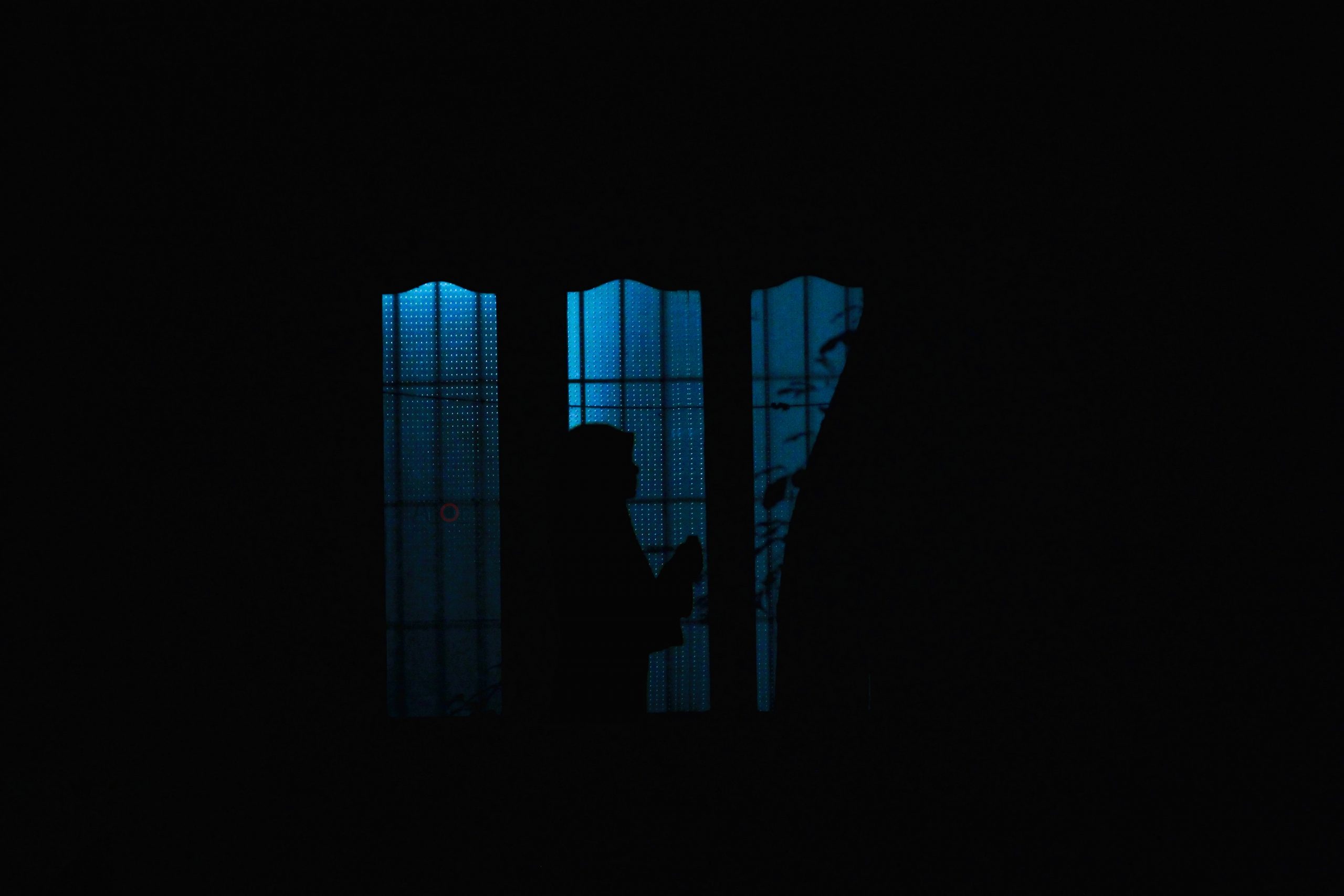Hijab introduces Islam to Indiana students
OnIslam & Newspapers
CAIRO – Fighting misconceptions associated with Muslim headscarf, Muslim students at Ball State University in Muncie, Indiana, arranged a hijab handout to their colleagues to educate them about criticism and negative image drawn by media over the past decade.
“People may have Muslim friends that they are able to ask too, but not everyone has a Muslim friend. So we want to be here as that Muslim friend,” Muslim Student Association President Noor Ayesha told Ball State Daily.
The event was hosted during Islamic Awareness week, hosted by MSA to spread awareness about Islam through April 9.
Standing from noon till 3 pm, MSA members offered free scarves on Monday to people wishing to try hijab in the Atrium during their Experience Hijab event.
The MSA members have also shown people how to wear the hijabs.
Ayesha asserted that wearing hijab is a personal decision based on faith for Muslim women.
“[Once, someone] asked why some people get offended when they’re asked about their hijab, and I don’t know anyone who gets offended, but I think it’s similar to … [when] you ask someone who wears tattoos what every single one means. It’s very personal,” Ayesha said.
Along with the hijab experience, the awareness week will host a panel discussing feminism in the Islam faith.
This will be a discussion of Eastern and Western cultures as they apply to women’s rights.
Adding more in-depth to the event, Rachael Collins, a non-Muslim MSA member, paired with a member to show the documentary “Inside Islam: What a Billion Muslims Really Think” on the night of April 6.
“The film directly addresses extremism,” Collins said.
“They show research from studies that there are a billion people who practice [Islam] and most of them don’t support this ideology and belief system. The diversity that you see in the Christian faith is the same kind of diversity you see in the Muslim faith.”
Islam sees hijab as an obligatory code of dress, not a religious symbol displaying one’s affiliations.
Ending misconceptions
Joining MSA as a part of her diversity training, Collins, a clinical mental health counselling graduate student, wanted to challenge anti-Muslim bias.
“There’s a difference between the Islamic faith and the Islamic culture and tradition, and that was a big one,” Collins said.
“The women in MSA are very strong, independent, smart and capable, so maybe some of the ideas that I had about gender roles in the faith were really challenged.”
The awareness week also hosts a final event with a four-person panel in Ask A Muslim.
The panel consists of two Muslim students and two Muslim professionals.
“[The panelists will] tell you a little about their lives and where they come from and you can ask them questions like, ‘Why do you wear that thing on your head?’ Some people choose to be ignorant and some just haven’t been exposed, and we want to provide that exposure,” Ayesha said.
Discussing current events, including the Chapel Hill shooting in which three Muslim students were killed, the panel hopes to diffuse any misconceptions that can cause further violence.
“We want to bring to light these events … eliminate the ignorance. We don’t want to take a political approach, we just want to show the human side,” Ayesha said.
“These are people who were doing great things for the world and they died.”
Though there are no official estimates, the US is home to an estimated Muslim minority of six to eight million.
An earlier Gallup poll found that the majority of Americans Muslims are loyal to their country and optimistic about their future in the United States.













2015
1,010 views
views
0
comments